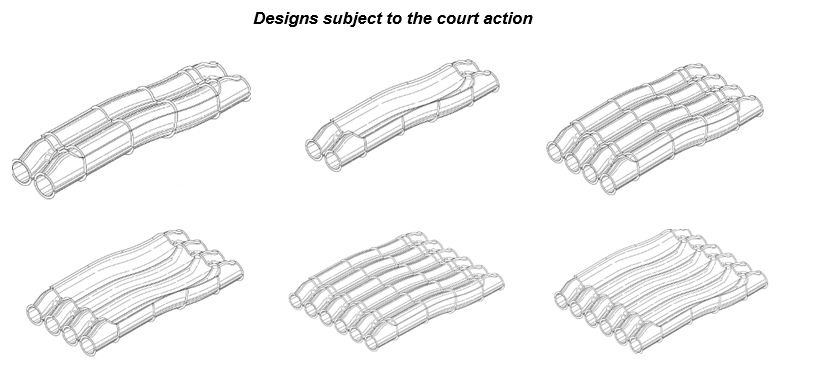The Role of Informed User and Freedom of Choice in the Assessment of Individual Character of a Design
Design law enables the protection of the appearance of a product. According to the Industrial Property Code (IP Code), a design must be new and have the individual character to obtain design protection. The overall impression produced by it on the informed user and the designer’s degree of freedom in developing the design must be observed to consider whether the design has individual character. While there is a reference to both the degree of freedom of choice and informed users in Article 56 of the Industrial Property Code (IP Code), it is not clear how these concepts will be defined and implemented in the design disputes in practice.
In the decision of the Ankara 1st Civil Court for Intellectual and Industrial Rights (“IP Court”) with merit and decision no. 2019/72 and 2020/282 issued in 2021, informed user and freedom of choice and their role in assessing individual character have been evaluated in detail.
The court defied the informed user as the user having information by using and experiencing the design, stated that the informed users are customers or end-users, but not experts, and emphasised the importance of determining who the informed user is specific to the subject matter of the case.
The relevant action was filed against one of the leader water ride designers in the world, Proslide Technology Inc (Proslide). As a result of the trial, Proslide’s waterslide design was found new and distinctive, and the action was dismissed.

The IP Court has determined the informed user in the waterslide sector as the managers or technicians, playing a role in the selection or operation of the waterslide, rather than passive users, who are not concerned with technical features of the slide. The IP Court also stated that informed users in the waterslide sector might consist of persons who have decided to procure these slides or personnel appointed for maintenance. The IP Court also underlined that the informed users have a different level of awareness than passive users that are riders in the waterslide sector, and they would consider details and act more carefully for issues that will require great investments. In this way, the individual character evaluation on the waterslide designs has been made in view of the informed users in the waterslide sector.
Similarly, the IP Court evaluated the degree of freedom of choice in detail and defined the freedom of choice as the elbow room providing the designer to be able to include an individual character in her design and emphasised that the determination of the degree of freedom of choice is objective and cannot vary from person to person.
For the relevant dispute, the IP Court has found out that waterslide design has very limited freedom of choice given the existence of several requirements such as to design all waterslides in the size that riders from different age groups can fit into, to have a surface qualification decreasing friction, to be connected by joints to provide a certain distance or rotation, among others. Accordingly, the IP Court, disregarding the mutual parts and features in the waterslide designs subject to the case, has focused on the parts/contributions of the designer outside of these uniform features and qualification, evaluated the subject designs in terms of the informed users’ view and concluded that Proslide’s design subject to the case has individual character.
Adopting such an approach by the court to the determination of the informed users and the degree of freedom of choice will facilitate designers’ work in creating and registering new designs where the freedom of choice is limited.